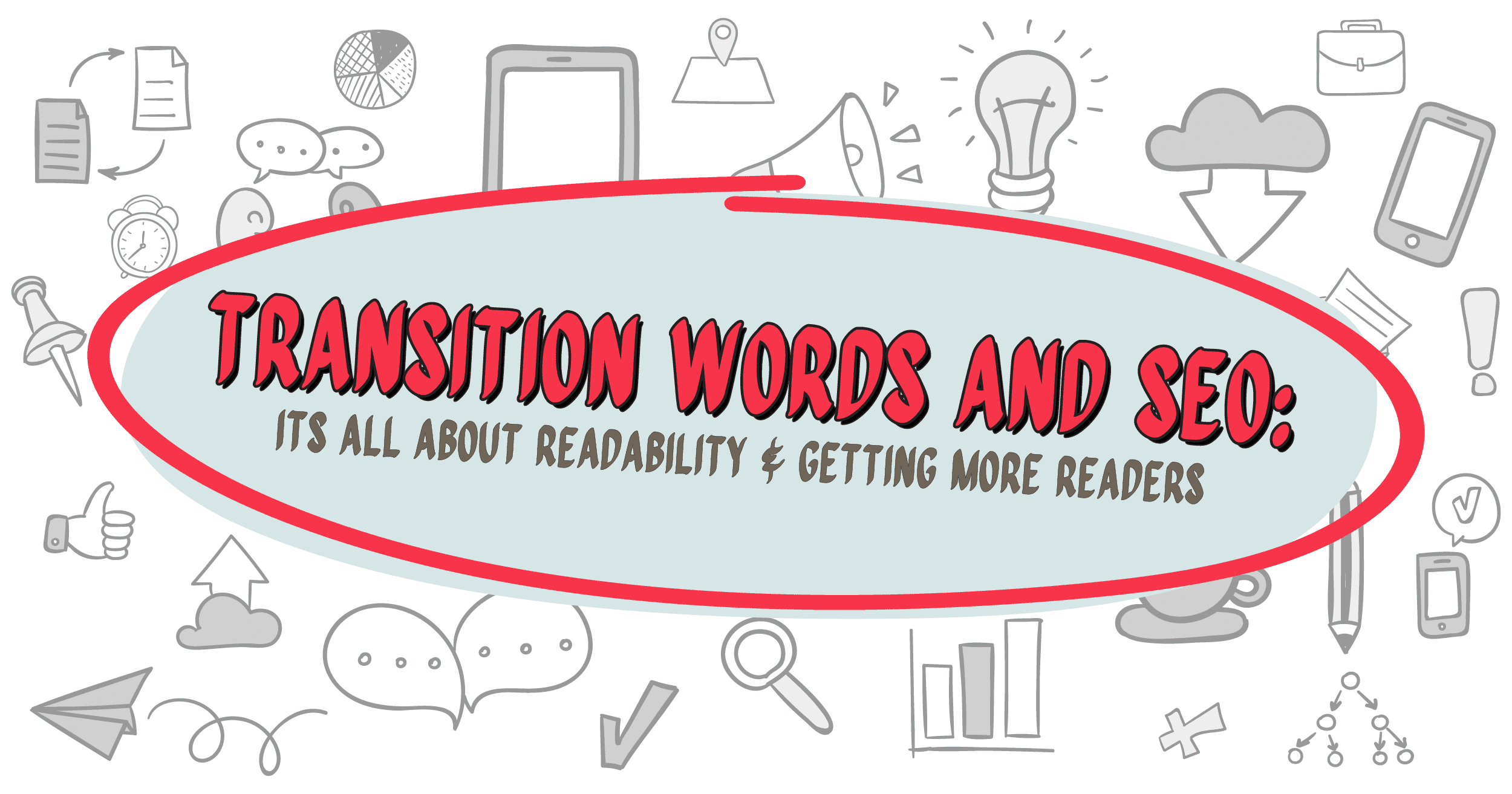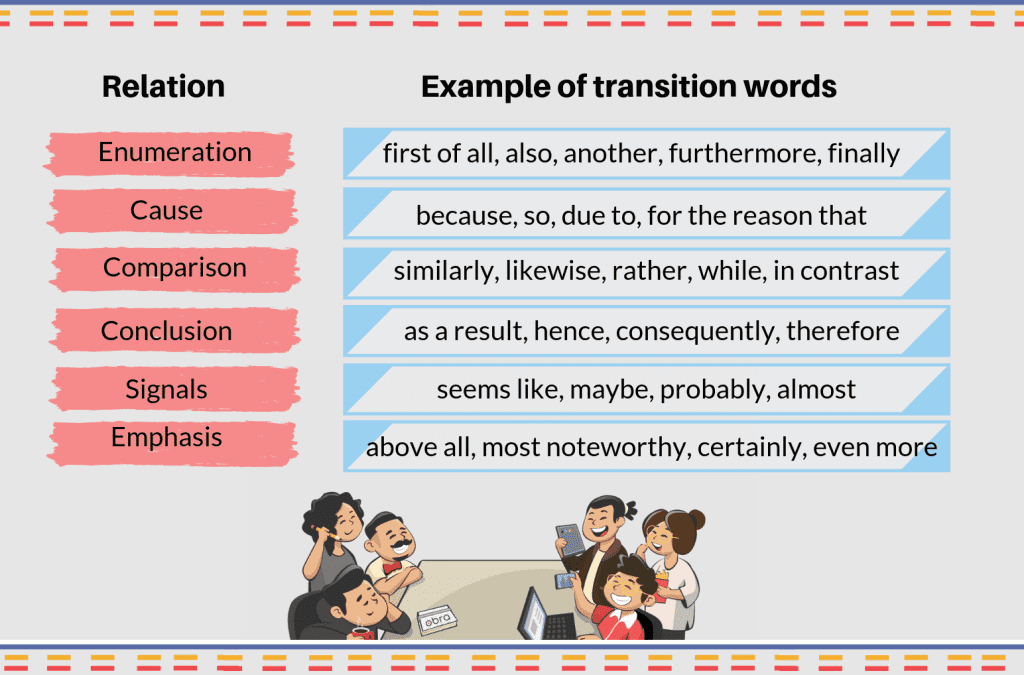
Transition Words and SEO: Rolling Readability on WordPress
You’ve probably seen the circle icons- in green, orange, or sometimes red- somewhere in WordPress when publishing an article. Well, that is the readability analysis of Yoast SEO: it checks on the use of transition words that simplifies everything for your reader.
It seems like you have been asking yourself, ‘What are transition words?’, “What is readability analysis?’ or “Why is it important for SEO’,? Good question, as this article will provide explanations to that; you’re on the right page so keep reading.
Let’s have a review what transitional words are, and its importance in article writing.
Transition Words: It can be a word or phrases that link sentences and paragraphs together so that there are no abrupt jumps or breaks between ideas. Transition words or phrases can make your text much more readable, as it gives direction to your readers; giving a hint that something is coming up, and prepares them for the next sentence.
Using transition words is something you naturally use when writing. It effectively helps you tell a story. Some people skip this because they believe that it’s the formal way. But believe me, it can make your text too hard to read. Therefore, SEO Yoast – the world’s famous WordPress plugin – have added the readability analysis for a more credible article.
Here are some examples of transition words and phrases you can practice often:

Transition words and SEO
Technically speaking, using transition words is not the key to rank your page directly; but since it improves the readability of your article, it will still contribute to SEO predominantly. Also, it’s okay to use keywords when it comes to ranking your content, but I suggest you should spend more time making it readable instead of keyword stuffing. In the first place, your goal in writing an article is to let your readers understand every single idea you want to convey; therefore readability is crucial in structuring your text.
Wanna hear a tip? When writing, try to read it out loud. If it sounds awkward or somewhat hard to understand, go back and revise it, but when it sounds like your brain says: ‘Dang! Who the fudge write this? David Ogilvy?’, that means you’re on the right track.
Got some writer’s glitch to share? Don’t be shy, we all have that. Send it to us; it might be a good topic for our next blog.
Share

